NI health set to benefit from £230m Stormont reallocation
- Published
- comments
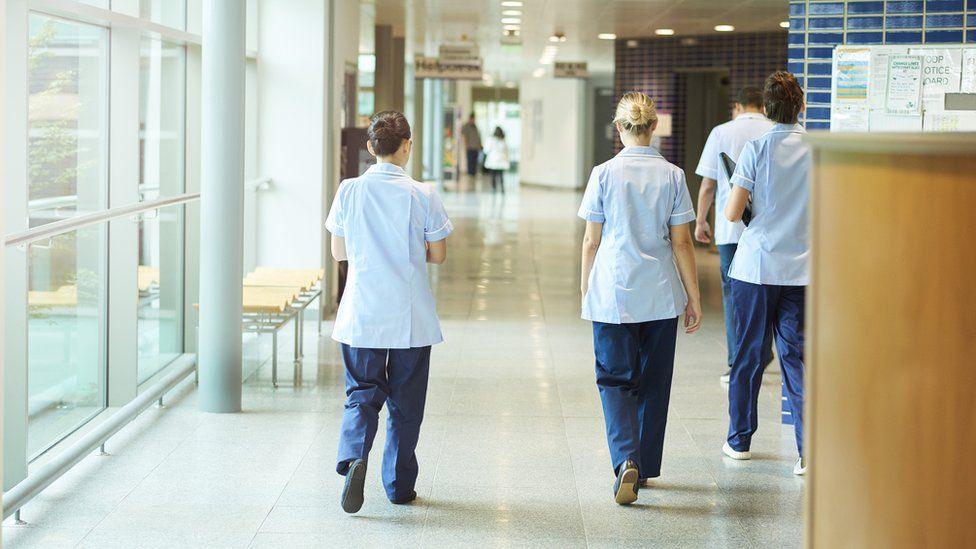
There is a particular shortage of nurses in Northern Ireland
The Department of Health is set to benefit by about £230m as part of Stormont's October monitoring round, sources have confirmed to BBC News NI.
It is understood £200m of that will go towards securing a pay deal and tackling Covid and winter pressures, while the rest is for waiting lists.
The regular budget reallocation - or monitoring round - comes ahead of the chancellor's budget on Wednesday.
Northern Ireland is in line for £400m from an extra tax to fund social care.
An extra £180m of funding this year has also been announced a result of increased health spending announced for England.
It all sounds like a lot of money - and it is - but according to health officials it is not nearly enough for health and social care to take leaps instead of cautious baby steps.
At present, the financial challenges are huge and include reaching a pay deal, covering Covid costs, spiralling waiting lists, all while funding a mental health and cancer strategy.
The problem is what Northern Ireland's health and social care service really needs right now no amount of money can buy.
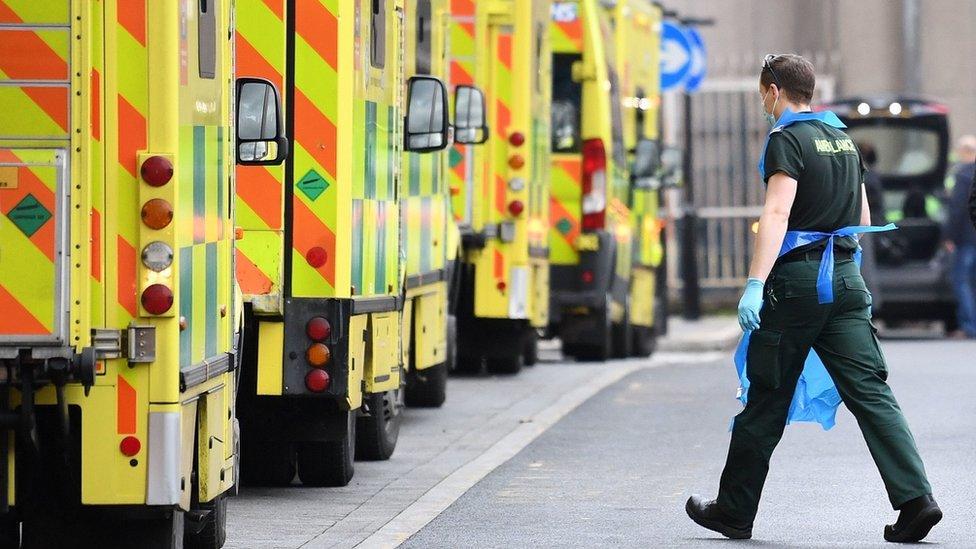
The financial challenges facing the Northern Ireland health service are huge
It especially needs staff and that is physically impossible to purchase at short notice.
The current shortage is due to ignoring workforce planning for well over a decade.
Nurses, in particular, are hardly plentiful. In fact, during the first six months of this year, 533 nurses left all of the health trusts through resignations, retirement or being transferred.
Thousands of posts remain unfilled with gaps in rotas due to staff off on sick leave.
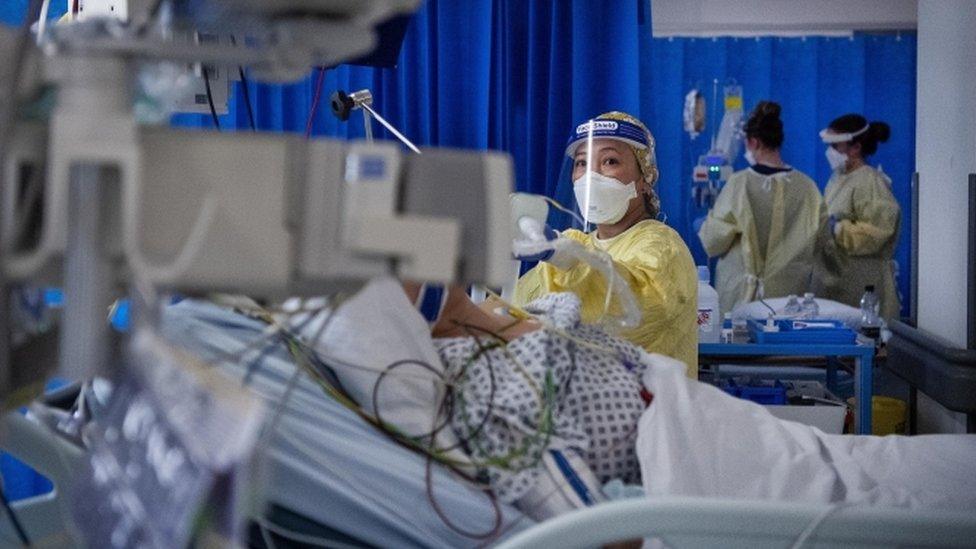
There are a total of 18,449 registered nurses and midwives in Northern Ireland, according to the Department of Health
If money could create nurses overnight, the health minister could see some silver lining.
In 2020, an additional 300 nursing and midwifery undergraduate places were announced bringing the total to a new all-time high of 1,325.
But as it takes at least three years to train a nurse, it will be some time before Northern Ireland sees the benefit of these new recruits.
The Royal College of Nursing (RCN) would like to see a greater emphasis on workforce planning and would like to see a considerable amount of additional funding pointed this way.
Commenting on the forthcoming budget, Rita Devlin, director of the RCN, told BBC News NI that safe recovery from the pandemic will be impossible without further investment to tackle the nursing workforce crisis.
"Virtually all of the challenges faced by the health service currently derive from not having enough staff," she said.
"The focus needs to be on the retention strategy for nursing staff the RCN called for and which the minister has now committed to.
"We must also ensure that nurses are focusing on nursing activities and not being used to fill gaps left by a shortage of support staff. This is not an efficient use of their time and detracts from patient care."
Purse strings
Everyone is talking about the money, including GPs.
They are usually the public's first port of call when requiring help and they believe their area needs investment too.
British Medical Association NI council chair Dr Tom Black said there is a need to have more medical student places and "to train even more doctors".
Speaking to BBC News NI, he said there is also a need to attract and retain doctors.
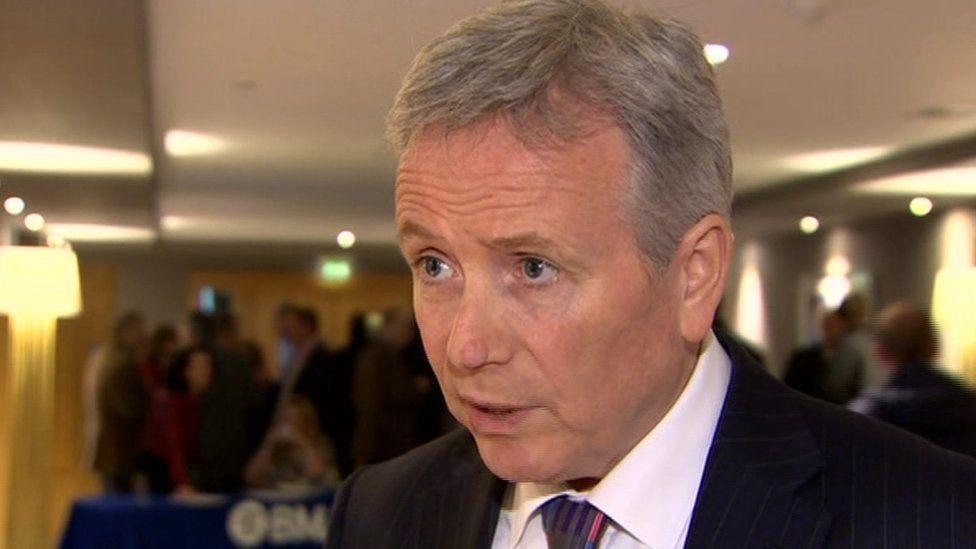
Dr Tom Black said more doctors must be trained
"Unfortunately our lack of pension mitigations compared to the rest of the UK makes this difficult," he said.
"Only by having more staff will we be able to have more beds and better diagnostics and be in any position to tackle our waiting lists.
"We also really need to see improvements to the built environment of both primary and secondary care to protect patients and staff and to enable us to develop a low-risk pathway properly for elective work.
"The money promised so far will not be sufficient to cover this, but can be a start."
Every area of health and social care requires funding.
But many argue that health remains too top heavy with those on the frontline asking to have greater involvement in reorganising for the future.
Among those making that call is the Royal College of Surgeons.
The college has said that a regional approach involving patient and surgical teams travelling to surgical hubs is the key to moving forward.
Its Action Plan for Surgical Recovery: 10 Steps Not 10 Years has called for investment, waiting list and surgery plans, Covid light sites in every trust area and surgical hubs, all of which requires funding.
The current annual health budget is £6.5bn.
In an ideal world sources have told BBC News NI that the Department of Health would be asking for an additional £2bn.
For sure these are unprecedented figures, but without a doubt these are also far from normal times.
All eyes this week will be on those holding the purse strings.
Related topics
- Published7 September 2021
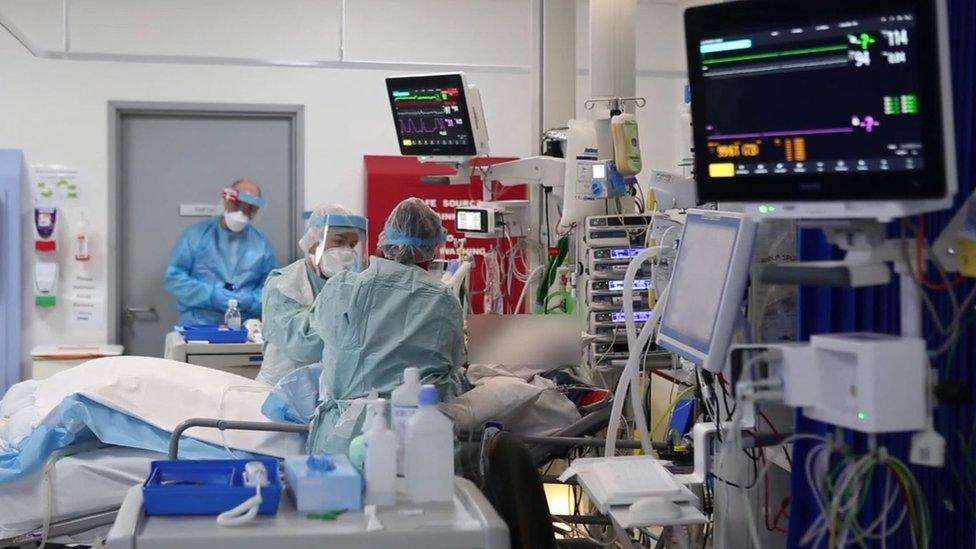
- Published21 October 2021
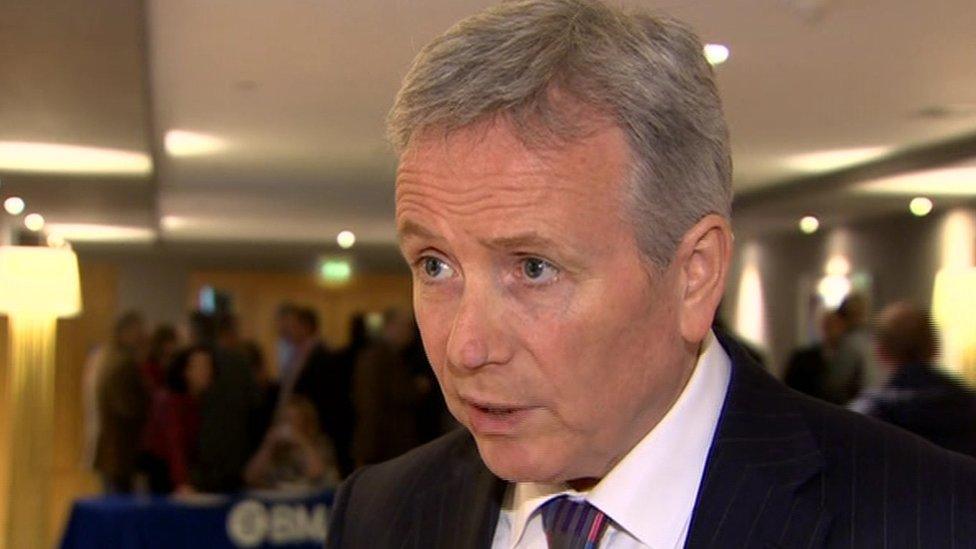
- Published16 February 2022
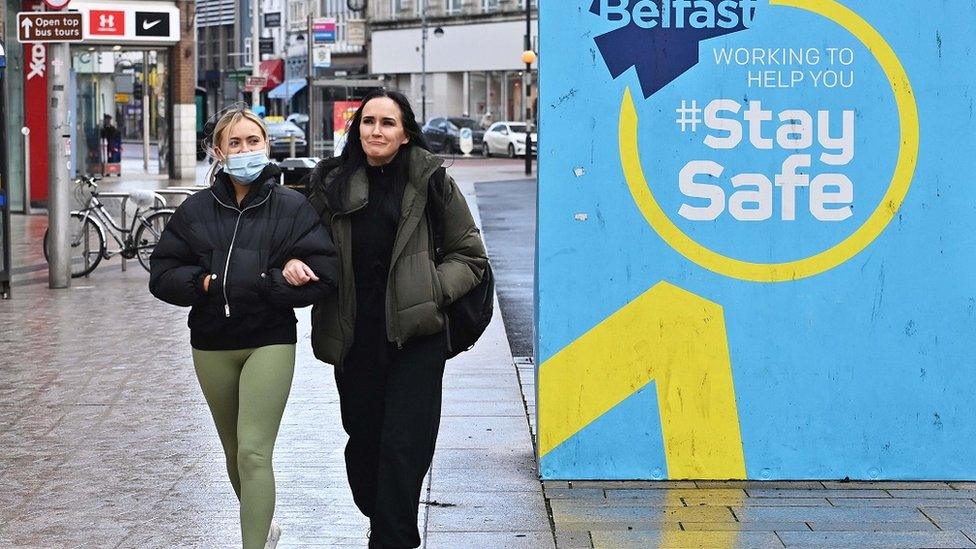
- Published22 September 2021
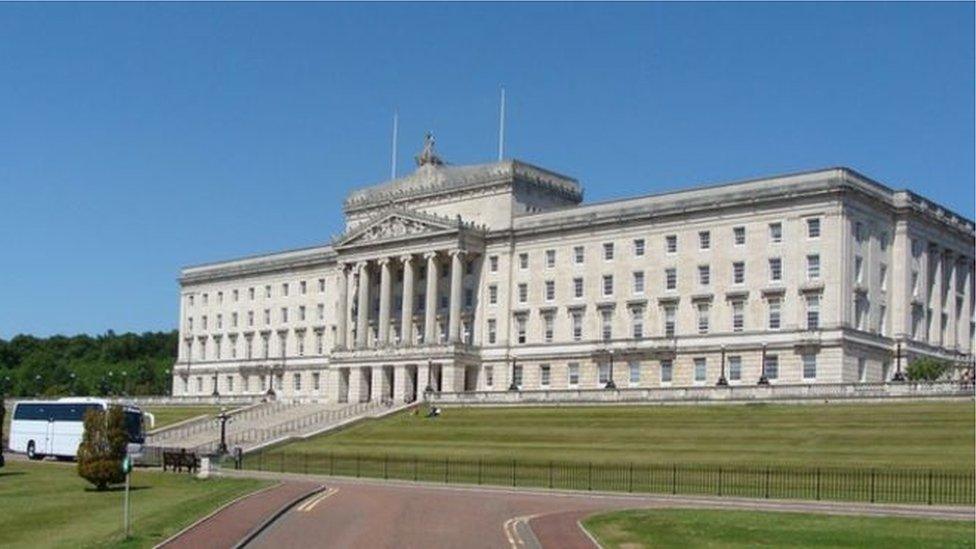
- Published25 October 2021
